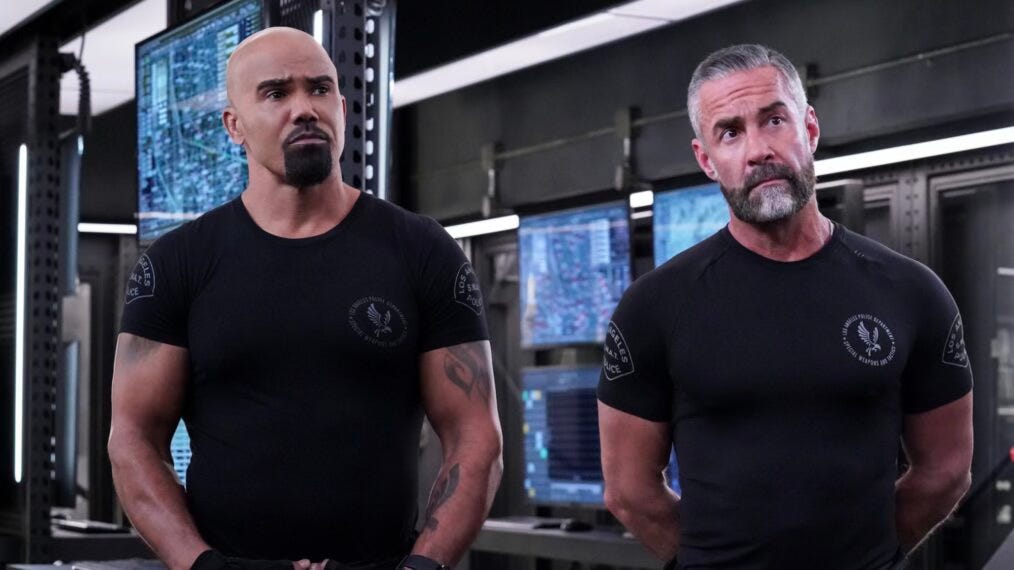One of the major ills plaguing our society is the notion that people with different political or ideological viewpoints are not just wrong but are evil and should be condemned at every opportunity and shunned from personal and professional spheres. In this view, we can’t simply agree to disagree and remain cordial or friendly.
Many people have recognized the danger of this attitude, but one place I didn’t expect to see pushback was in a major broadcast network police procedural from liberal Hollywood.
The CBS show S.W.A.T. recently aired an episode in which the plot revolved around the murders of two people who worked at abortion clinics. Of course, the first suspects are pro-lifers, and the police quickly focus on a website that had listed the names and photos of people working at abortion clinics. The police then show up at the home of the website’s owner, a typical suburban dad with four kids, whose alibi was that he was working on the lawn when the murders occurred. At one point during the interview, one of the officers starts giving him a hard time about his pro-life views—how he’s typical of men wanting to control women and other usual pro-abortion arguments. But the other, more senior officer steps in and shuts her down quickly.
The older officer is the most interesting character to me. His colleagues call him Deacon, and he’s a Catholic dad of five whose faith has been a constant throughout the show, mostly depicted in positive ways. In earlier seasons, he butted heads with another officer who was involved in a polyamorous relationship. While he didn’t let it affect his job, when it came to off-duty socializing with his family, he made a point of letting her know he didn’t want that lifestyle around his kids.
What’s so surprising is that I never expected to find a well-written Catholic character, a Catholic dad role model, on a major broadcast network drama. In fact, it may be the best Catholic character on TV right now, although I admit I’m not watching every show, so I may have missed some.
In this episode, after they return to the station, the younger officer confronts Deacon about his decision to shut her down and whether it was motivated by his Catholic beliefs. He tells her that his beliefs are his own but that they can’t interfere with the job. He treats everyone fairly and advises her that in this line of work, you encounter all kinds of people, but you always have to find something in them, some spark of humanity, that you can empathize with. There’s always something there to make a connection. He then tells her that on the job, everyone on the team will have different viewpoints on important matters, but in the end, they have to set aside their differences and have each other’s backs because their lives—and the lives of people in the community—literally depend on it. (Of course, the plot later picks up this point in the resolution of the case.)
Would that more people adopt this idea: that what unites us is more important than what divides us, and that we need to be able to live and work with those who think differently.
There was a time when people of different political outlooks could sit down at the end of a long shift, have a beer at the local bar while watching the game of the day, and debate the latest coaching moves without wondering who their bar mate voted for and whether he should be canceled. Would that more people follow Deacon’s advice.
And would that we could get more of this kind of TV writing out of Hollywood.
N.B.: To follow up on the plot of the story, while I won’t spoil the ending, they handled the pro-life angle of the case about as well as you can expect Hollywood to. Pro-lifers were not painted with a broad brush, and neither were abortionists demonized. In fact, the abortion question itself was set aside as not being the crux of the matter, which seemed to be the theme of the episode.


